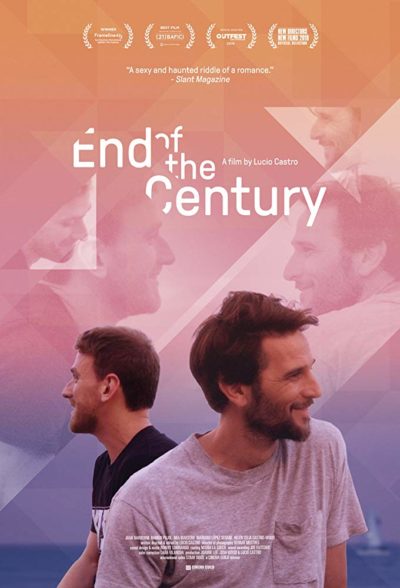
Lucio Castro’s gay love story is a film that frustrates and delights in equal measure. The first 15 to 20 minutes is taken up with Argentinian tourist Ocho (Juan Barberini) wandering around Barcelona, seeing sights and taking snaps. It is a wordless sequence that, however beautiful the city looks, is a patience tester. In the evening, Ocho hooks up with a stranger, Javi (Ramon Pujol) for what appears to be a one night stand. Afterwards, Ocho mentions that he has been in a 20 year relationship and Javi discloses he has a husband. When Ocho says he felt like they have met before, Javi tells him they have and the film flashes back 20 years when Ocho last visited Barcelona and the pair had their first homosexual experience.
I’m not afraid to say that I was beginning to find the film baffling at this point. Despite the two decades passing the men looked exactly the same, save Ocho’s slightly different hair cut, so it seemed implausible that he would not have recognised Javi, especially as it was such a pivotal moment in his life. As we follow events from just before the millennium, that feeling is compounded. What kept me watching though was Castro’s way with dialogue. By far, the best scenes of the film involve Ocho and Javi, or Ocho and Javi”s ex-girlfriend Sonia (Mia Maestro), just sitting around talking. Those chats don’t necessarily advance the plot but are strangely gripping.
Then comes the third act which seems to turn what we seen previously on its head…or does it!? It certainly meant that I was left pondering the film and what I had seen in the first hour or so. So, it will be easy to let your attention wander at times, but this is a film that will reward you if you stick with it, though it is far from perfect.
Rating: 7 out of 10